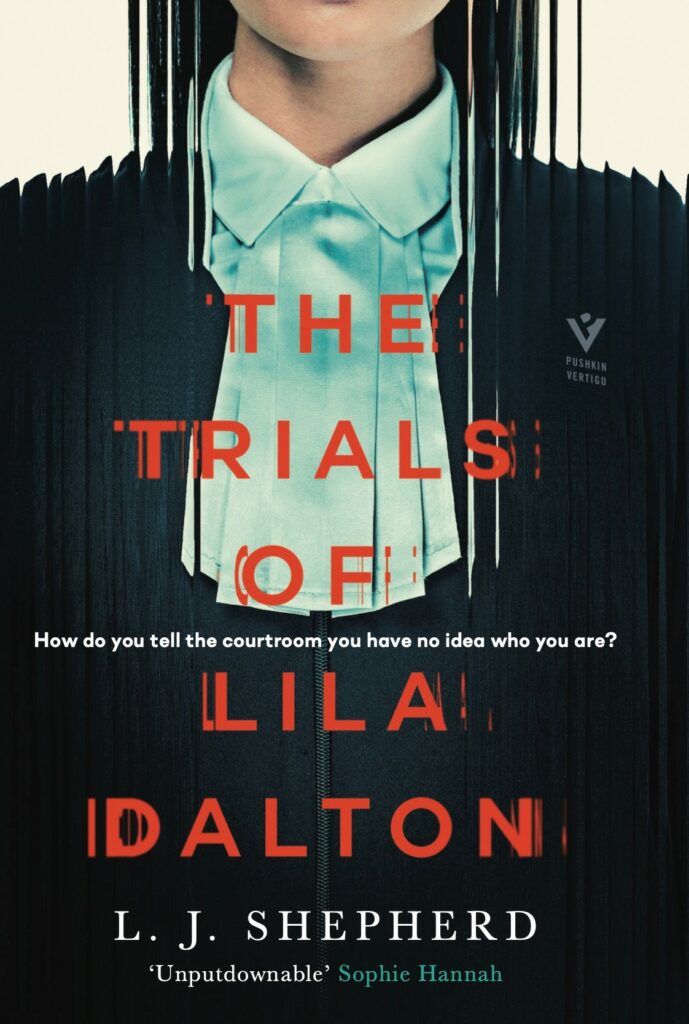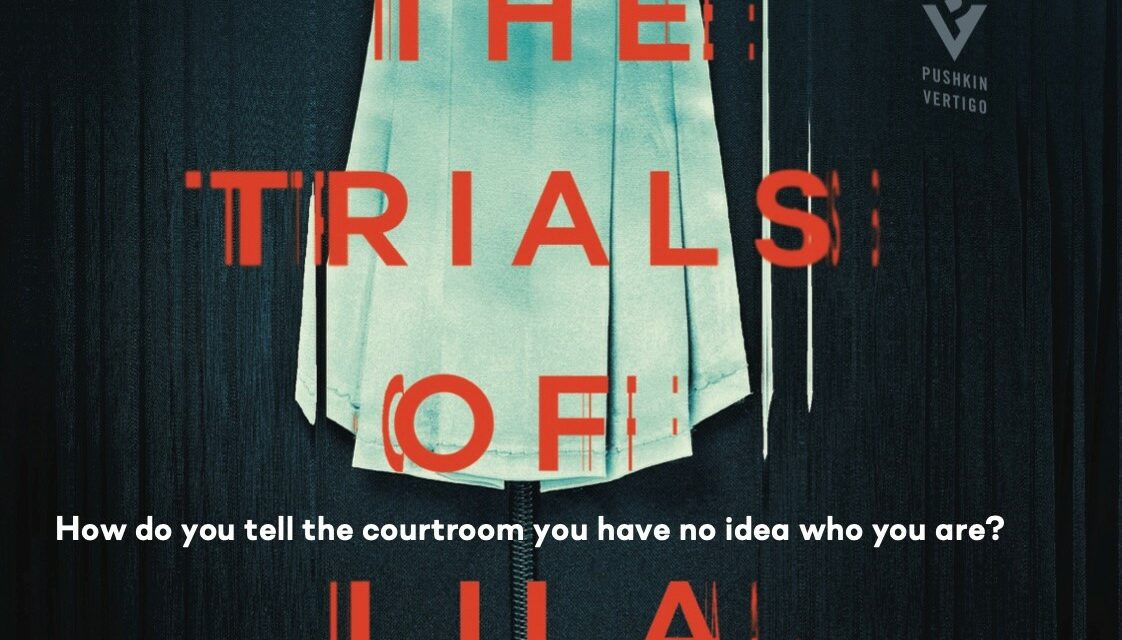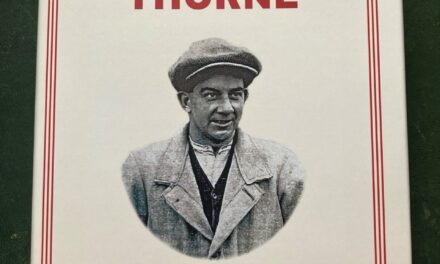A review by Rhys Taylor

Welcome to Assumption Island! A craggy outcrop in the middle of the ocean where the government has decided to impound foreign criminals, UK terrorists and illegal immigrants. There is a supermax prison, a courthouse, a hotel and a collection of oddball islanders. It is almost impossible to get off the island. But worse, all is not as it seems. This is a sinister place where you are being watched. Picture dystopian nightmare, come Acsencion Island, come evil version of The Truman Show and you get the feel.
This discombobulating and fast paced legal thriller segues between the terrifying and the fantastical, leaving the reader constantly on their toes.
The year is 1996 (the year I was Called). Meet Miss Lila Dalton, the heroine. Lila makes her first appearance facing a jury in a terrorist trial in the court on Assumption Island. Lila defends a Welsh Timothy McVeigh style right-wing nutter. The only problem is that she has no idea why she is there, how she got there or what she is doing.
The author, Laura Shepherd, is a barrister of 2016 Call. Authors often write what they know about.
The opening scene, where Lila does not know what she is doing in court, has the intensity of the aggregation, channelling and earthing of lashings of Bar inferiority complex. It is painful to experience. If you are a barrister, you will know the feeling.
Ms Shepherd appears to have done her homework. Her specialist subject, the life and times of the Bar in 1996.
Bereft of her leader who has died mysteriously in a car crash days before, Lila must alone face the condensations and antics of her more senior and male prosecuting counsel, Mr Paxton.
Her leader, Pat, had a drink problem. By sleight, the reader is wrongly duped into assuming her leader was male. Lila’s instructing solicitor recounts that the drinking, ‘… started with a gin here or there after a heavy day. And I never said anything. Even when she used to turn up smelling of it, I didn’t say anything because it was her business, and you wouldn’t have known from her performance.’
Paxton’s advocacy ‘luxuriates in its pauses’; it never having occurred to him that he might be interrupted. Mr Paxton takes his sweaty shirt off in the robing room in front of Lila.
I enter the robing room and the first thing that hits me is the stench of Paxton’s cigar. He’s at the oval table in the middle of the room, happily puffing away as he removes his tunic shirt. I’m accosted by the sight of his shrivelled upper torso, but it’s the cigar smoke that makes me gag … Paxton, though small and thin, has taken up the entire room with the stench of his cigar and his discarded items of clothing. He’s even manged to take up the real estate of where I can look, not caring that I might not want to be confronted by his bare nipples over the luncheon adjournment.
Lila also has to ward off the unwelcome advances of a handsy judge. On refusing such advances, when retreating, ‘I can see the sheen of his bald pate. It’s burning bright red.’ When the court is displeased with Lila she witnesses ‘spittle flying from the judge’s mouth.’
Lila has a crisis of confidence and cannot believe that she is a barrister, fearing that she is only a ‘girl in a wig’. Albeit, cometh the moment, she is ‘…hunched like an old crone, peering at the witness from beneath the hoods of my eyes.’
There are several well-sketched characters in this story. The dishevelled and tubby reporter. The posh and kindly but fleeting mentor in the robing room, ‘the kindness of her face stands in stark contrast to her severely cropped grey hair and square, thick-rimmed glasses’. Trevor, the instructing solicitor, ‘… eroded by the constant tide of change – the witnesses who don’t turn up, the defendants who admit their guilt partway through their evidence, the miscarriages of justice … it’s all reduced [him] to a pebble of a man, incapable of getting excited about one good performance’. The omnipresent usher, Malcolm, the only person who gets to talk to everyone in the case. Watch out for him.
Nicely observed advocacy tips are to be mined, ‘the way you ask a question. If you pitch it right, you can make almost any case sound reasonable. It works with uncontroversial facts as well. You can sound as though you’re revealing some secret the witness has been keeping from the jury, when really, it’s been in their statement all along.’
There are numerous other reviews to be found online, praising this debut novel. The story is legal with a tinge of politics, it is a thriller, lots happens, and it is kookily fantastical in places. But read this as a barrister, written by a barrister and you will snigger and despair at the observations about the state of the Bar in 1996.

LJ Shepherd lives in Cardiff. After graduating from Oxford, with a degree in English Literature, she pursued a career at the Bar. Laura began practising as a barrister in 2017 after completing her pupillage at 30 Park Place. She has a public law practice and is instructed in high-profile public inquiries.

Rhys Taylor practises from The 36 Group, is a Bencher at the Inner Temple and sits as a Recorder in family law. He is a contributing editor to The Family Court Practice.


